Affiliate Disclaimer
Some links in this article are affiliate links. We may earn a small commission if you make a purchase through these links, at no extra cost to you. We only recommend products we find useful to our readersCareer Development plan is an area of mutual interest for employer and employee. When an individuals aspirations meet with organizational goals, career development begins. How to write a career development plan is based on identifying and utilizing employee strengths, aligning them with organizational goals, training and developing them further and progressing together. Career development plans are specific for individuals and they are ascertained by writing down bits and pieces from both individual and from organizational SWOT analysis.
The KRA’s (key resource areas) defining job classifications and skill set needed to accomplish them will help supervisors and subordinates to formulate goals and career development plans to work towards mutual benefit. The career development plan will be short term goals and long term goals and interests of the organization and individual helping to achieve objectives. Career Development plans are optional and must be formulated to help benchmark and align performance.
Purpose of career development plan:
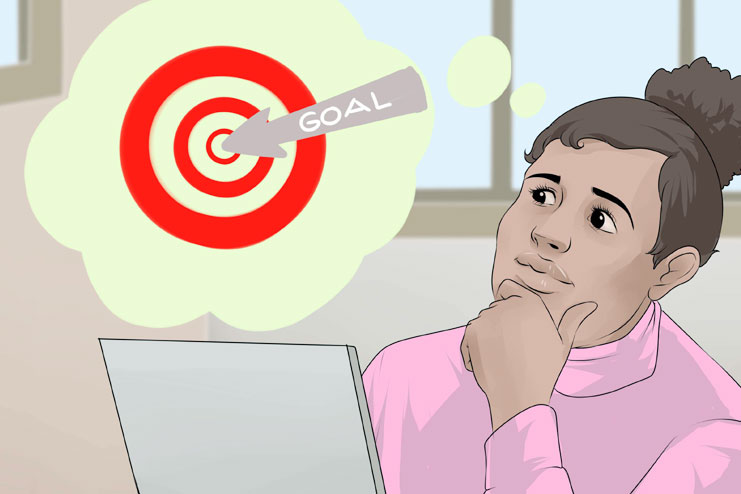 Assists organization to align employee goals
Assists organization to align employee goals- Helps employee to accomplish tasks in a way that meets own as well as organizational goals
- Motivates the employee to work in alignment with organization
- Reduces attrition
- Identifies training and development needs for an employee
- Highlights the skills within and needed further for achieving the plan
- It formulates rational goals for the individual
- It raises the morale of individual and supervisor
[Also Read: Tips for joining work post career break]
Parts of individual career development plan:
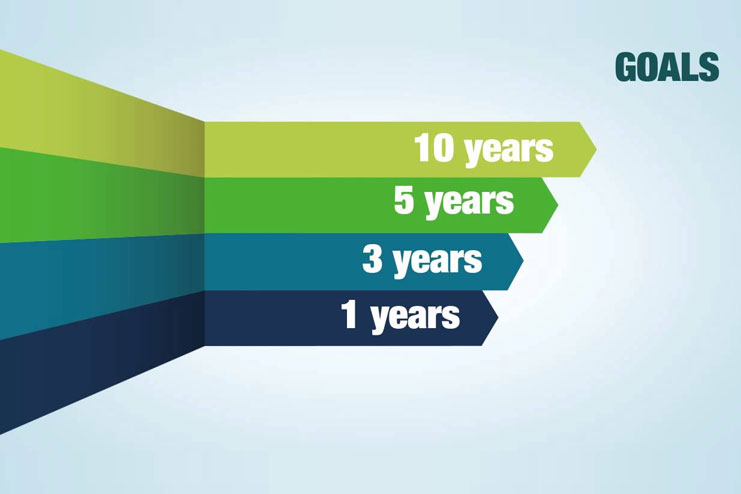 Short-term career goals: 1-3 years
Short-term career goals: 1-3 years- Long-term career goals: 4-10 years
- Strength and opportunities: identify training’s undertaken, programs attended in alignment with job role
- Summary of job profile
- Training and development needs
 Format to be filled by individual for career development planning:
Format to be filled by individual for career development planning:
1- Summary of your self-assessment report:

2- Job roles and job description:
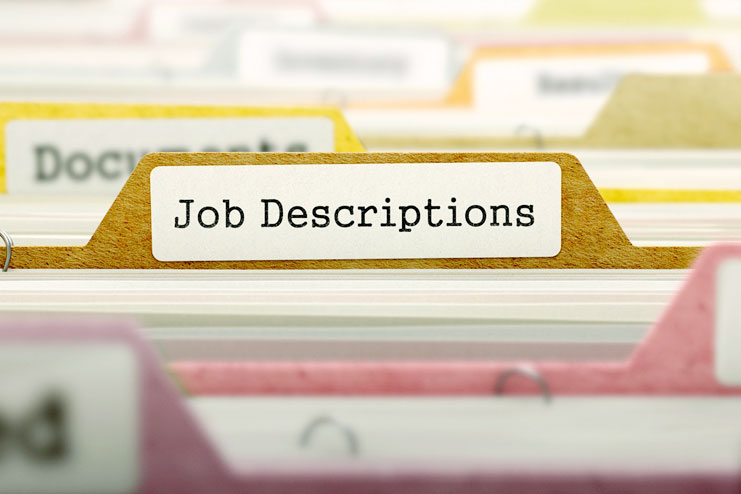
3- Formulate your career aspirations:
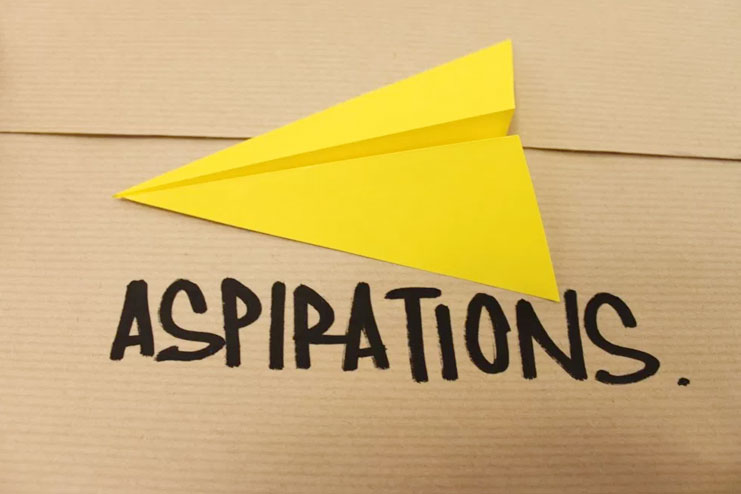
4- Create a road-map for training and development needs:
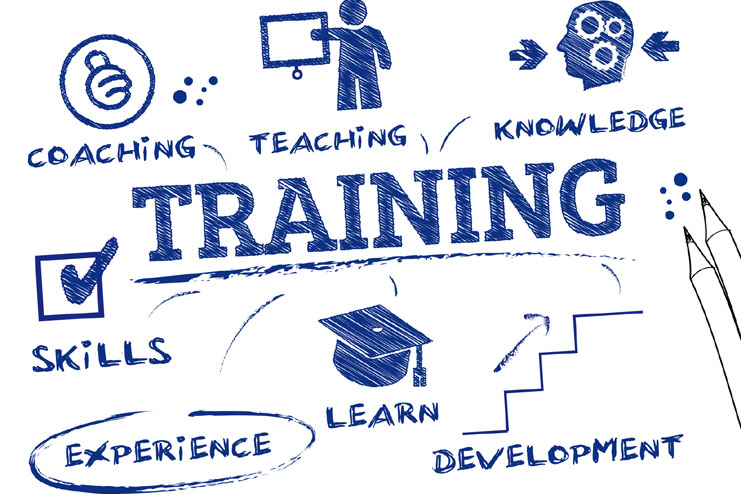
5- Create benchmarks:

6- Report and review:

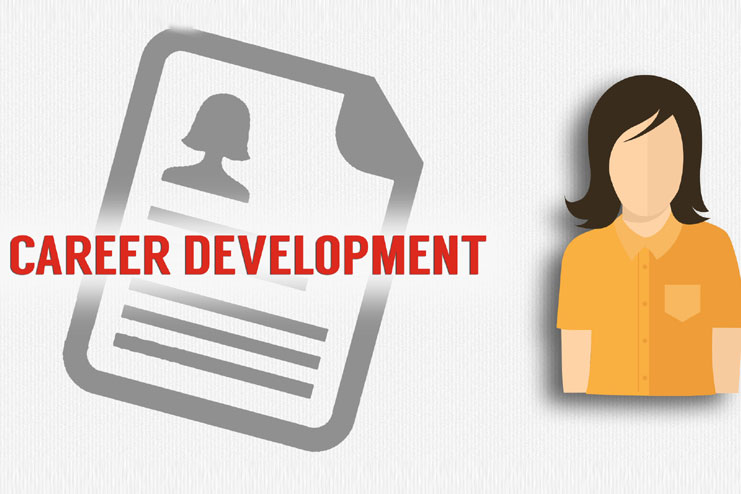
[Also Read: Best jobs for stay at home moms]
Some highlights to remember:

[Also Read: How to develop communication skills that impress everyone]
2- Go through the job description and job responsibilities with HR help
3-Understand your skill-set and the requirements in further course
4- Set a rational yet challenging goal for yourself
5- Keep checking milestones
6- Revise the plans in any deviations
7- Keep grooming your skills and competence
8- Take motivational sessions and training’s
9- Always measure your performance based on your goals first
10- Remember to seek help from supervisor and HR for they will be able to guide you through the career development path
11- A value added organization places individual career development at equal level as organizational goals, so be sure to communicate your goals to supervisors
12- Keep up a buffer for the deviations and delay in achievement of milestones
13- This buffer includes plan B for the things that didn’t turn out the way planned
Career Development Plan has been the key for my growth at organizations I have been a part of. Most valued lessons have been to put up the goal sheet at the workstation, this has helped me grow professionally and personally at a pace I set for myself. Sharing some more of my personal experiences:
1. I have always set goals little higher than my potential, and tried to achieve them too. This gives a more accelerated rhythm for progressing ahead
2. Identify realistic goals and put them up for you to see everyday
3. Share the goals with supervisors for it is their task too, they will provide everything you need to achieve the goals
4. Keep yourself motivated and positive, a few deviations are a part, but largely you will accomplish if you stay on with your progress path
5. Keep sharing and learning from your clan. Sometimes informal associations help in gaining the insights that are far beyond any training
Minu Manisha





































